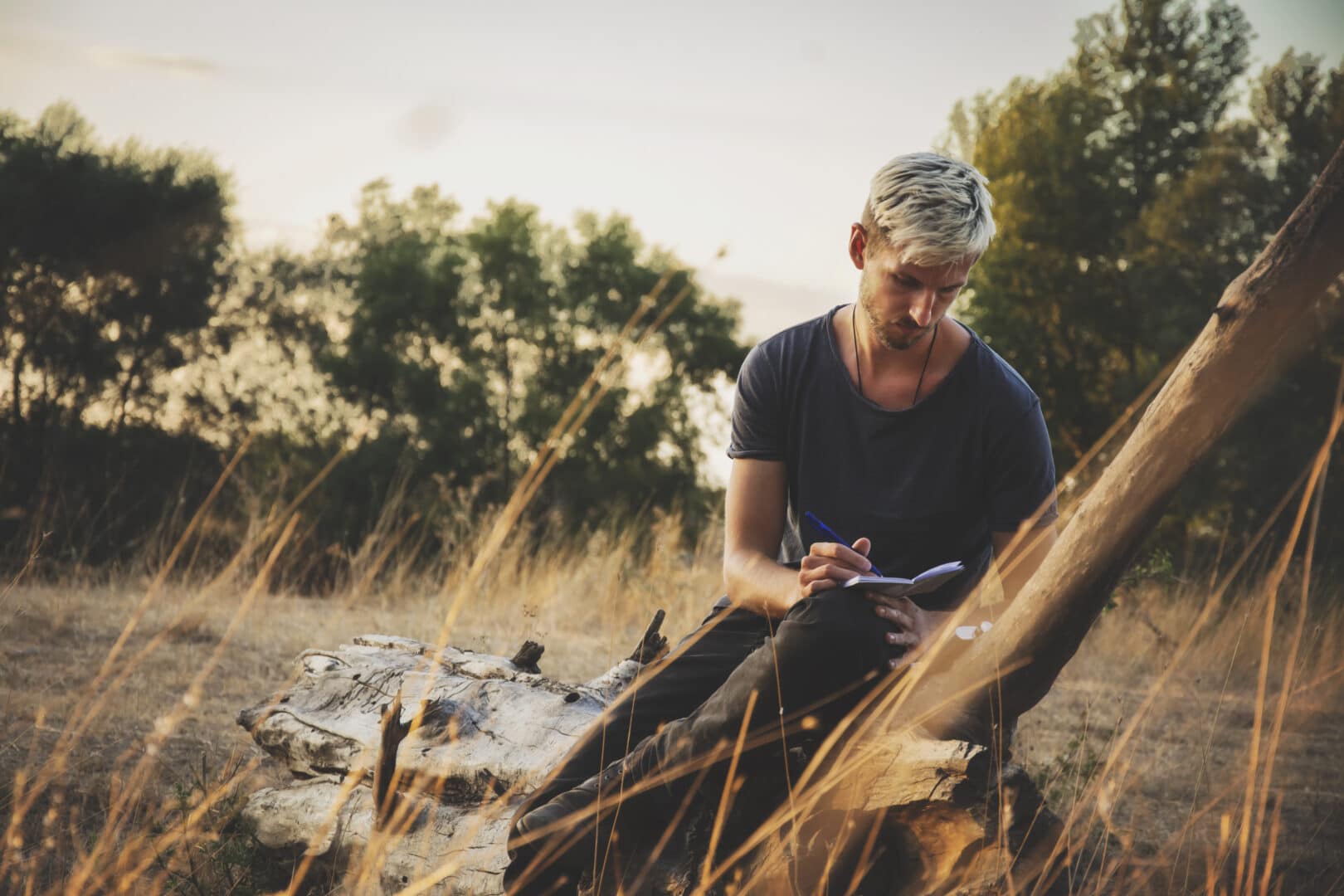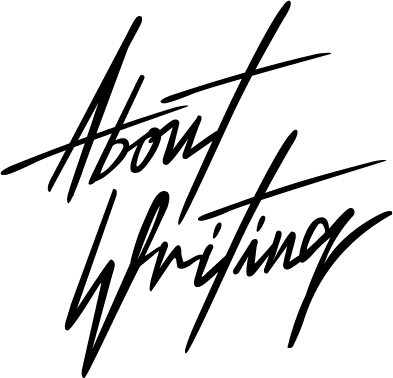
Nothing.
You don’t need to know anything more than you already know. Start writing. You don’t need to overthink your ideas. You don’t even need to know your ideas. If you want to, go ahead, but you don’t need to.
You can meet your ideas as your letters meet the page. Decide whether it’s a poem or a novel later. And don’t worry about finding the right word. Does ‘unbelievable’ sound better than ‘astonishing’? It doesn’t matter. Write the first one that comes up, move onto the next.
The majority of writers sweat over every syllable in the editing process, so there’s time for that. You’ll probably find a better way to show your readers the feeling anyway, but not right away. That will come. Just write now, edit later. Nothing should slow your sentence.
And who knows? You might find something, like Jack Kerouac did, and type with a natural beat, a strong sense of rhythm. His spontaneous prose style defined him, despite Truman Capote describing it as typing, not writing. Well, I wouldn’t mind typing like Kerouac.
Give the approach a try and type without stopping. Most writers only find their story in the editing process anyway. And there’s beauty in writing your unedited, pure first thoughts.
Allow your imagination the opportunity to surprise you. Start writing!
Natalie Goldberg writes about this concept beautifully in Writing Down the Bones. She writes about it as a discipline with which to experiment – losing control, writing with feeling over logical thought for twenty minutes or so – but I think there’s a real opportunity to incorporate ‘first thoughts’, or at least elements of it, into your everyday writing routine.
‘First thoughts’ is an exercise that exceeds the speculative nature of experiment, in the sense that the writer will learn something that will sustain and strengthen their writing for a lifetime.
Writing in this spirit was a great stimulus as I was starting out, provoking me to write without paying attention to the shyness on my shoulders. And I continue to write with the principles of Goldberg’s ‘first thoughts.’ Sometimes I slip, and find myself painfully searching for the perfect word mid-sentence, but then I remember to move on and write, knowing that the correct word will come to me later. It’s a great lesson for any writer, at any level.
The most important thing now is that you start writing. Edit later, when you’ve sobered up.
